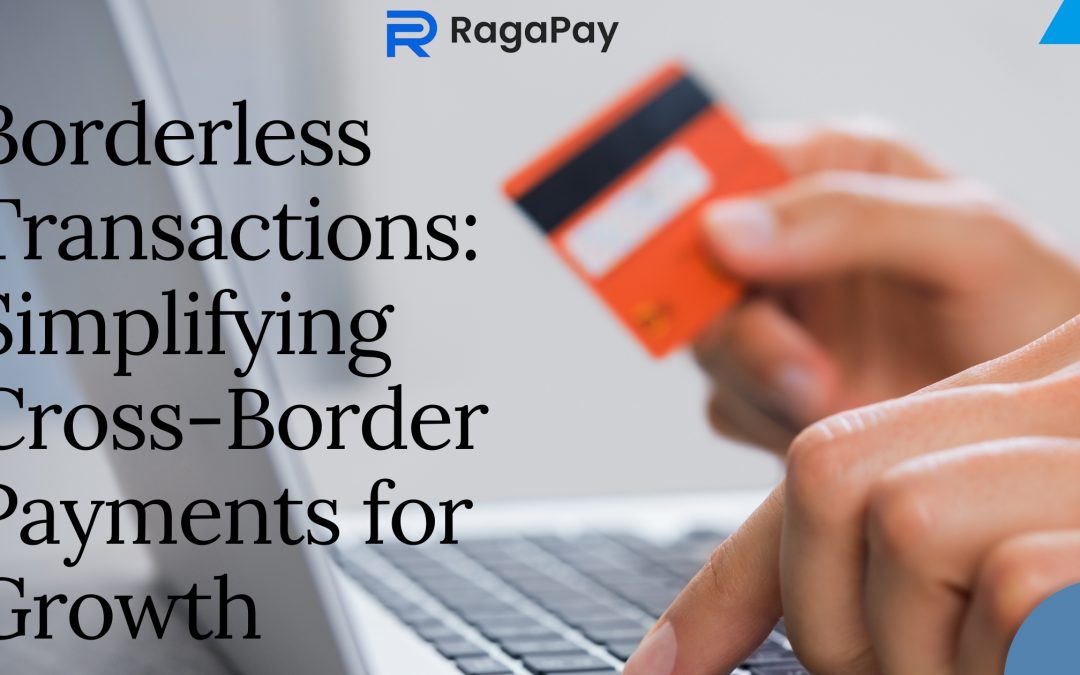Introduction
In today’s interconnected global economy, businesses and individuals are no longer confined by geographical boundaries. The ability to engage in cross-border transactions has become an essential aspect of economic growth and international collaboration. However, navigating the complex landscape of cross-border payments has often been a daunting task, characterized by high fees, lengthy processing times, and regulatory hurdles.
The advent of technology has paved the way for a transformative solution: borderless transactions. This paradigm shift is revolutionizing the way we conduct cross-border payments, making the process more seamless, cost-effective, and conducive to fostering global economic growth.
The Challenges of Traditional Cross-Border Payments
- High Transaction Costs: Traditional cross-border transactions are notorious for their high fees, which can significantly eat into the funds being transferred. These fees are often associated with currency conversion, intermediary banks, and various other processing charges.
- Lengthy Processing Times: The traditional banking system is plagued by delays in processing cross-border payments. Transactions can take several days to weeks to reach their destination, causing inconvenience and hindering the speed of business operations.
- Opaque Exchange Rates: The lack of transparency in exchange rates is a common issue in traditional cross-border payments. Users may end up with less money than expected due to unfavorable exchange rates and hidden fees.
- Regulatory Compliance: Stringent regulatory requirements in different countries add another layer of complexity to cross-border transactions. Navigating these regulations can be time-consuming and requires a deep understanding of the legal frameworks in each jurisdiction.
Enter Borderless Transactions
1. Decentralized Finance:
Decentralized finance is at the forefront of the borderless transactions revolution. DeFi leverages blockchain technology to enable peer-to-peer transactions without the need for traditional intermediaries like banks. Smart contracts automate processes, reducing the risk of fraud and streamlining the transaction flow.
2. Cryptocurrencies:
Cryptocurrencies, such as Bitcoin and Ethereum, offer a decentralized and secure means of conducting cross-border transactions. With lower transaction fees compared to traditional banking systems, cryptocurrencies provide a cost-effective alternative for international money transfers.
3. Fintech Innovation:
Fintech companies are disrupting the cross-border payments landscape by offering user-friendly platforms that simplify the process. Mobile payment apps and digital wallets facilitate instant and low-cost transactions, allowing businesses and individuals to send and receive funds seamlessly.
The Benefits of Borderless Transactions
- Cost-Effective: Borderless transactions significantly reduce transaction costs, ensuring that a higher percentage of the transferred funds reaches the intended recipient.
- Speed and Efficiency: The use of technology, particularly blockchain and cryptocurrencies, enables near-instantaneous cross-border transactions, eliminating the delays associated with traditional banking systems.
- Transparency: Blockchain technology provides a transparent and immutable ledger, allowing users to track their transactions in real-time and ensuring fair and transparent exchange rates.
- Financial Inclusion: Borderless transactions open up financial opportunities for individuals in regions with limited access to traditional banking services, promoting financial inclusion on a global scale.
The Future of Cross-Border Payments
As technology continues to advance, the future of cross-border payments looks promising. The adoption of borderless transactions is likely to increase, driven by the demand for faster, more affordable, and transparent international financial transactions.
Conclusion
To fully realize the potential of borderless transactions, stakeholders must collaborate to address regulatory challenges and promote the responsible development of decentralized financial systems. As businesses and individuals embrace the benefits of borderless transactions, the global economy stands to gain from increased efficiency, accessibility, and collaboration across borders. The era of seamless, cost-effective, and borderless transactions is upon us, ushering in a new era of economic growth and international connectivity.

